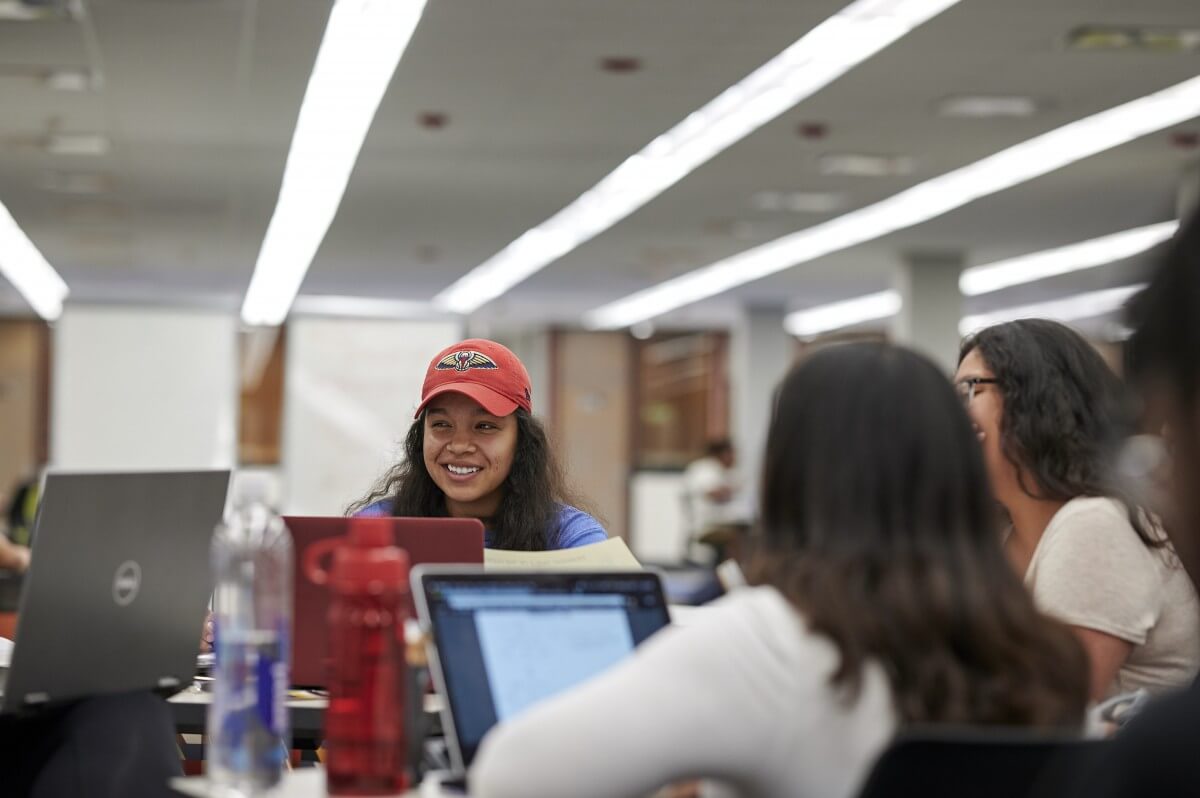Teaching is one of the oldest professions in the world, dating back to the days of Socrates and Plato. With the changing times, this fluid discipline is constantly being reinvented, starting from the ancient techniques of yesteryears to the growing use of technology in today’s education landscape.
In an age where “bot teachers” are being developed, it’s never been more important for today’s teachers to be trained to keep up with these changes.
According to a McKinsey Global Institute report, researchers found several trends that could impact the labour market by 2030, such as ageing societies, climate crisis, meeting climate challenges, the rise of developing countries and so forth. These will greatly impact the type of skills that will be in demand in the new age of automation. Workers would not just require technology skills, but also teamwork, creativity, communication, and social and emotional skills.
Teachers will be crucial to modernising educational systems for the 21st century to prepare their students for this envisioned future.
They play an important role in guiding students towards independent and critical thinking while helping them develop soft skills such as leadership, creativity, and adaptability so they can become well-prepared for an uncertain future.


Source: UNO – College of Liberal Arts, Education and Human Development
Making an impact and addressing challenges
At the University of New Orleans, College of Liberal Arts, Education and Human Development, teaching courses prepare aspiring teachers to positively impact the educational landscape of the future.
As the university is located in Louisiana, in the metropolitan vibrant city of New Orleans, budding teachers at this university hold the responsibility of educating the next generation in the surrounding communities, building on their history over the years in developing inspiring and dedicated teachers in the area.
The programmes offered by the university have successfully prepared educators, leaders, and counsellors for over 54 years with more than 10,000 alumni in 49 states and nearly 10,000 in the state of Louisiana.
However, in the past decade, the city has seen some significant challenges when it comes to education. According to the Cowen Institute, Orleans Parish’s cumulative scores on LEAP 2025 have been stagnant for the past four years, while 70 percent of Louisiana’s school systems showed academic improvement during this same period.
“The highest performing schools are not equally distributed geographically across New Orleans, meaning families often face the choice of long bus rides or attending a lower-performing school. Recently, overall city-wide school performance has regressed, dropping from a B to a C grade, according to the state’s assessment, while the overall performance of schools statewide has continued to rise,” the report said.
Therefore, the university took it upon themselves to improve the quality and address these challenges in K-12 education in Louisiana and New Orleans.
They have partnered with New Schools for New Orleans (NSNO) to develop a pipeline of new teachers to schools under the Orleans Parish School Board (OPSB), where UNO’s teacher candidates and their mentors will receive stipends during their year-long teaching residencies if they choose to work in an OPSB classroom.
NSNO has also provided seed funding for a position at UNO’s School of Education to recruit additional education majors and to place them in teacher residencies in Orleans parish.
The university campus of UNO is also home to Benjamin Franklin High School, ranked 176th in the nation for public high schools by US News and World Report.
In 2019-20, another public school, the A-rated Hynes Charter School, has created a second school on the UNO campus in partnership with the university.
Hynes will soon offer both a traditional and a French immersion programme, growing from kindergarten to grade eight over several years. UNO’s teaching candidates will soon have access to students at every grade level, as well as at Benjamin Franklin High School, where they will be able to meet the state’s goals for longer student teaching periods and for greater communication between teacher prep programs and schools and districts.
This also provides teachers with valuable hands-on experience while they receive their certifications.
With a renewed vigour and sense of direction, the College’s current goals include creating additional collaborative research opportunities, offering additional courses in student behavioural challenges, providing data-driven instruction and facilitating graduates’ return to UNO for advanced degrees.

Source: UNO – College of Liberal Arts, Education and Human Development
Comprehensive courses preparing future teachers
In 2016, the two colleges of Liberal Arts, and Education and Human Development merged to allow for more collaboration and better use of resources.
More recently, UNO has joined its Department of Curriculum, Instruction, and Special Education with its Department of Educational Leadership, Counseling, and Foundation to create the School of Education.
Through the combination of these programmes, the university now offers comprehensive teacher certification programmes, including undergraduate, graduate, and post-graduate education in the areas of elementary education, secondary education, and special education, along with multiple additional certifications such as Reading Specialist, Early Intervention, Gifted Education, Mild/Moderate Education, English as a Second Language.
They also are able to offer advanced degrees such as Masters and doctoral degrees in Counselling Education and Educational Administration.
Since last year, all student teachers go through a one-year residency where they do a full year of teaching in the same school so they can learn through valuable field experience.
Through these initiatives and a renewed approach to education, students at UNO are trained to become innovative and dedicated teachers who are prepared for evolving school environments.
Follow the University of New Orleans on Facebook, Twitter, YouTube and Instagram
Liked this? Then you’ll love…
UNO: Liberal arts degrees that prepare graduates for the future of work
University of New Orleans: Shaping the next generation of teachers and educational leaders










